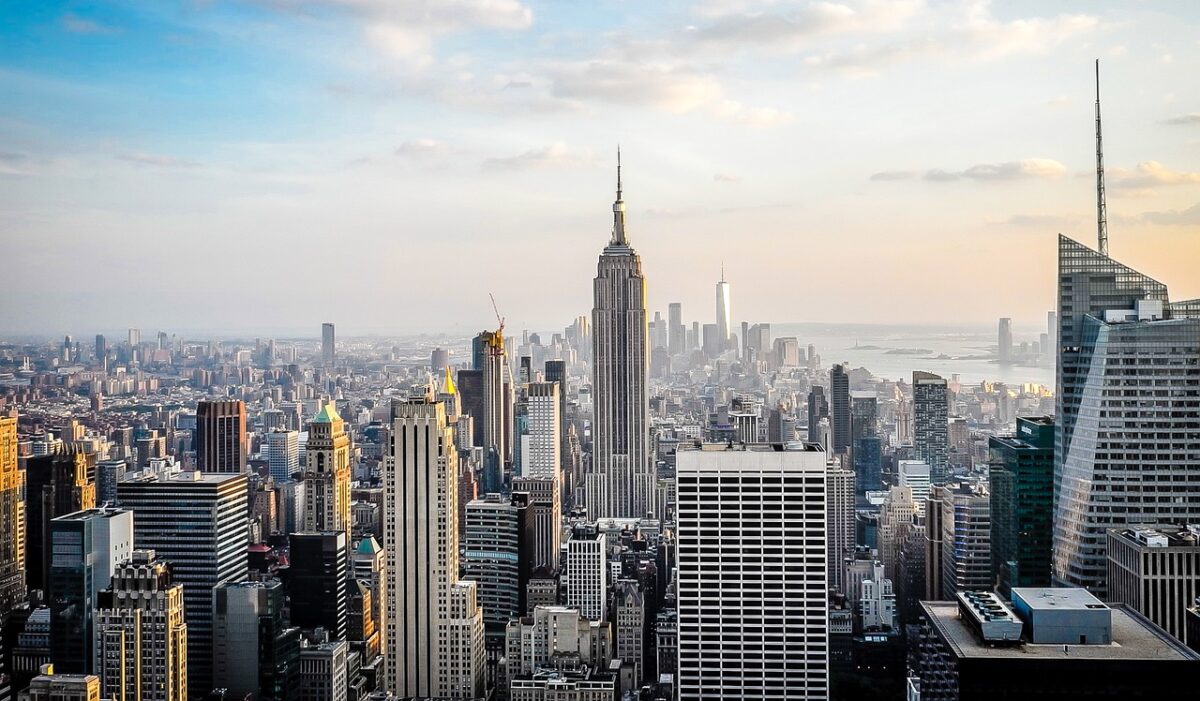Not all U.S. states have the same rules when it comes to state-by-state travel. Some have specific guidelines or remain closed to out-of-staters. Here is a list of each state that has specific requirements in place at this time. Those states not listed are open to travelers and do not have specific restrictions in place.
- Arizona: This state is closed to out-of-state travelers.
- California: Following a surge in confirmed cases, this state has closed its borders to out-of-state travelers.
- Colorado: Reclosed on August 14, 2020.
- Connecticut: This state is not moving ahead with the next phase of its reopening plans. The CDC has urged residents of Connecticut to refrain from non-essential domestic travel.
- Delaware: A ban on short-term rentals was lifted on June 1, however, the next phase to reopen the state has been paused.
- Hawaii: All travelers arriving at Hawaii’s airports, including residents, must complete the required paperwork. A 14-day self-quarantine applies to all travelers and residents arriving in Hawaii. There is also a 14-day quarantine requirement in place for inter-island travel.
- Idaho: The next phase of the reopening plan in this state has been paused. Visitors do not need to self-quarantine.
- Indiana: There are no restrictions in place for visitors from other states, but the next phase of the reopening plan has been paused.
- Kansas: Residents who traveled to California, Florida, New York or Washington on or after March 15, must self-quarantine. If they have traveled to Illinois or New Jersey on or after March 23 or Colorado and Louisiana on or after March 27, they also need to self-isolate.
- Maine: Visitors entering Maine with proof of a recent negative test result do not have to quarantine upon arrival. Residents of Connecticut, New York, and New Jersey are exempt from this requirement altogether.
- Massachusetts: The reopening plan for this state has been paused since August 20, 2020.
- Nebraska: Only individuals returning to Nebraska from international travel will be required to self-quarantine for 14 days upon arrival.
- New Jersey: There is a mandatory 14-day quarantine in place for travelers coming to New Jersey from 35 high-risk states.
- North Dakota: Travelers entering North Dakota from international locations or other states with widespread COVID-19 transmission must quarantine immediately for 14 days upon arrival. The state is fully reopened.
- Ohio: Individuals diagnosed with COVID-19 or exhibiting symptoms are prohibited from entering Ohio, with a few exceptions.
- Oregon: The next steps in the reopening plan have been paused but there are no travel restrictions in place.
- Rhode Island: The next stages in the reopening plan have been paused. All travelers entering Rhode Island from designated states with a positivity rate of greater than 5 percent must self-quarantine for 14 days, unless they can provide proof of a negative test result within 72 hours prior to arrival.
- Utah: Anyone returning to the state from high-risk areas must self-isolate for 14 days.
- Vermont: All travelers entering Vermont from another state must self-quarantine for 14 days upon arrival, except certain designated states with 400 or fewer cases per 1 million people.
- Washington: The next steps in the reopening plan have been paused. There are no travel restrictions in place.
- Wisconsin: Some local governments have issued their own orders, but the state is open.
Contact us for all your travel needs.
|
|

